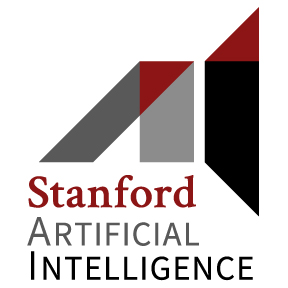A Full-Stack Search Technique for Domain Optimized Deep Learning Accelerators
International Conference on Architectural Support for Programming Languages and Operating Systems, 2021
DOI: 3503222.3507767v
Abstract
The rapidly-changing deep learning landscape presents a unique opportunity for building inference accelerators optimized for specific datacenter-scale workloads. We propose Full-stack Accelerator Search Technique (FAST), a hardware accelerator search framework that defines a broad optimization environment covering key design decisions within the hardware-software stack, including hardware datapath, software scheduling, and compiler passes such as operation fusion and tensor padding. In this paper, we analyze bottlenecks in state-of-the-art vision and natural language processing (NLP) models, including EfficientNet and BERT, and use FAST to design accelerators capable of addressing these bottlenecks. FAST-generated accelerators optimized for single workloads improve Perf/TDP by 3.7× on average across all benchmarks compared to TPU-v3. A FAST-generated accelerator optimized for serving a suite of workloads improves Perf/TDP by 2.4× on average compared to TPU-v3. Our return on investment analysis shows that FAST-generated accelerators can potentially be practical for moderate-sized datacenter deployments.



